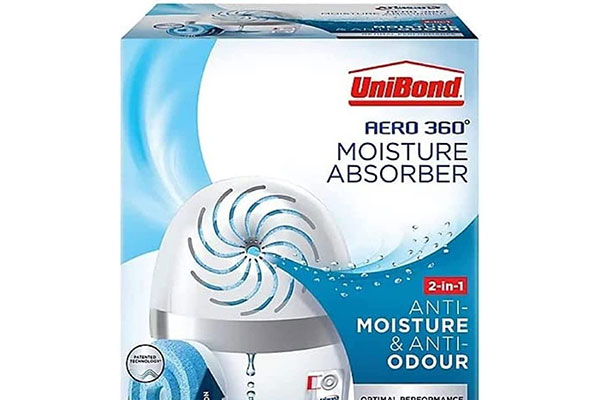The short answer is no. Information regarding dehumidifiers and coughing has been a little misleading. There is, in fact no real way a dehumidifier would be causing you to cough. We will consider the various types of coughs and address the glaring notion stating that a dehumidifier may be causing your cough to become worse.
These days, people are more cautious around those that have a persistent cough than ever before. Coughing can indicate a serious, contagious condition, but the act of coughing can sometimes be merely an irritant found in the air. That is the primary reason many people are under the impression that dehumidifiers can cause a cough to occur in a seemingly, normal, healthy individual. It also makes us wonder if there is any validity to this notion.
Dehumidifiers Actually Help
Coughing can come from various factors, but more often than not, a cough is caused by mucus buildup in your esophagus. In a damp environment mucus will continue to build making it difficult to breath. The lack of air, mixed with the layer of mucus causes you to cough. Coughing up mucus can alleviate the problem momentarily, but it is inevitable that mucus will return. Excess moisture in the air causes mucus to increase, but a dehumidifier extracts moisture from the air making it easier for you and your family to breath.
Common health conditions such as seasonal allergies and asthma are known for producing increased mucus. Various over the counter and prescription drugs can help break it up, but most physicians will require the patient to get a dehumidifier to assist the medications in doing their job. A dehumidifier can be invaluable to anyone who has ongoing breathing conditions or seasonal allergies.
Can Dry Air Be Too Much?
Yes, too dry of air can cause a cough to worsen. This is likely where many people come to the conclusion that dehumidifiers are bad for persistent cough. Dry air can cause irritation of your throat making your cough even more persistent. Running a dehumidifier at the incorrect time of year can make anyone’s cough worse, so it is important to closely monitor humidity levels in your home.
Humidity levels should remain between 30 and 50%.
Should humidity levels fall below 30%, you might want to consider investing in a humidifier to moisten the air to the appropriate level.
What, Actually, is a Cough?
We have all had the unfortunate action of maintaining a persistent cough. It is not comfortable and having a cough for too long can be an indicator of a much deeper issue. Chronic coughing that lasts over 8 weeks can indicate lung cancer, heart conditions, or even COPD. It is important to be aware of the various types of coughs so you know what to do about them. There are actually 7 different types of coughs.
Dry Cough
A dry cough is non-productive. Meaning there is no mucus in the air ways. This type of cough is consistent with irritation to the throat.
Wet Cough
A wet cough is the other end of the spectrum. With a wet cough, mucus is a factor and is frequently coughed up.
Night Cough
Often the act of laying down can bring on a coughing fit simply due to the orientation of the neck.
Croup Cough
This cough is very deep. It is indicated by a barking type of sound and if left untreated, can potentially cause enough irritation to block airways.
Pertussis Cough
Also known as whooping cough, a pertussis cough is very contagious. It is a respiratory infection noted with a hacking cough and a high pitched sound following the cough. Medical attention is necessary for this type of cough.
Asthma Cough
Those with asthma know exactly what is going on when they experience an asthma cough. The body coughs to help open air ways. This type of cough can often be alleviated by simply using your rescue inhaler or a nebulizer.
Bronchitis
Inflammation of the bronchial tube lining is known as bronchitis. Those affected by bronchitis will cough up black mucus and this type of cough can potentially lead to deeper issues such as pneumonia, so it is essential that you treat bronchitis as soon as possible.
Maintaining Your Dehumidifier
The most important thing you can do to improve a cough with the use of a dehumidifier is to maintain it properly. Keeping the device clean, inside and out is essential, so empty it often and clean out any mould or mildew lurking inside. Maintain distance between the wall and your dehumidifier to ensure it ventilates properly and keep your doors and windows closed to help maintain proper moisture levels.
Coughs can happen but by knowing triggers and the different types of coughs, along with maintaining your dehumidifier properly, you can effectively contend with coughs and keep your family healthy.







